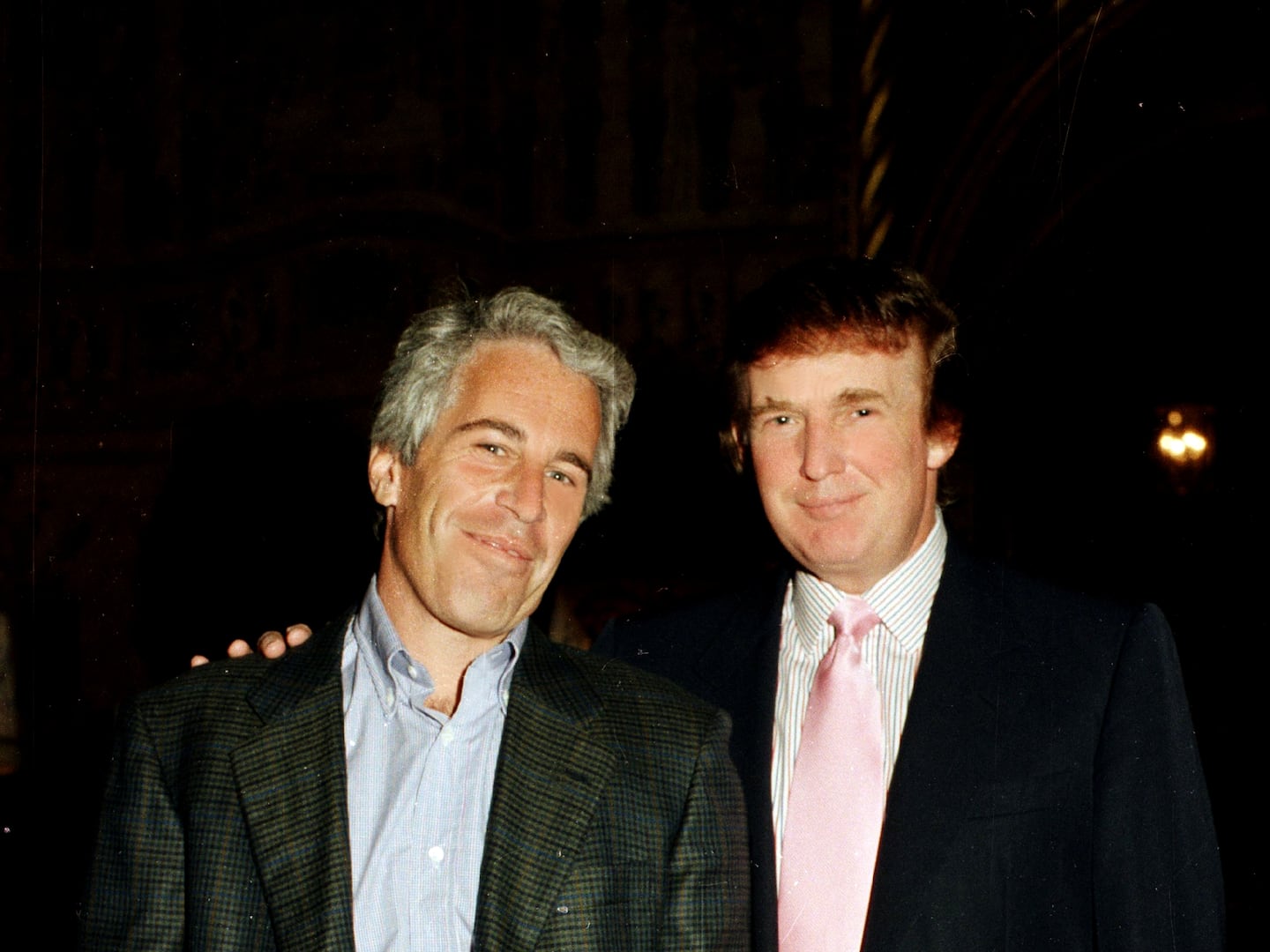Would you be friends with a transgender person? A full 27 percent of American adults on a recent YouGov survey said no. Even fewer—less than 20 percent—said they would be open to dating a transgender person.
The disappointing but unsurprising results reveal a sad truth about the transgender rights movement: Cultural acceptance has tended to lag behind formal recognition.
For years before the media began covering transgender issues in earnest, bathroom use was a total non-issue. Favorable federal court decisions were starting to pile up and major medical associations came out in support of transgender health care.
In 2010, with little fanfare, then-Secretary of State Hillary Clinton signed off on a policy allowing transgender people to change passport gender markers without surgery.
Shortly thereafter, the Obama administration made moves to protect transgender people from housing discrimination, health care discrimination, and discrimination in schools—all before Time declared “The Transgender Tipping Point.”
But then transgender people became a topic of national conversation, then the subject of legislation, giving pollsters an excuse to start gauging public sentiment. As it turns out, anti-transgender sentiment runs as deep as we always feared it did.
The new YouGov survey found that one in five Americans believe that being transgender is a mental illness. In fact, the American Psychiatric Association replaced the “gender identity disorder” diagnosis with “gender dysphoria” in 2013, in part to “[remove] the connotation that the patient is ‘disordered.’”
“A psychological state is considered a mental disorder only if it causes significant distress or disability,” the American Psychological Association notes. “Many transgender people do not experience their gender as distressing or disabling, which implies that identifying as transgender does not constitute a mental disorder.”
But the YouGov survey didn’t just examine American misconceptions about transgender people in the abstract; they asked probing questions about personal interactions with transgender people as well.
Four percent of Americans had been on a date with a transgender person in the last year. But just over a quarter of respondents said they would not tell anyone if they had sex with a transgender person.
That quarter includes 38 percent of respondents who identify as “completely male” and 21 percent of “completely female” respondents.
This finding speaks to the way in which men, especially, are still shamed by society and sensationalized in the gossip rags if they sleep with transgender women—a cultural stance that, as transgender author Janet Mock notes, fuels anti-transgender violence.
“This pervasive ideology says that trans women are shameful, that trans women are not worthy of being seen and that trans women must remain a secret— invisible and disposable,” the Redefining Realness author wrote. “If a man dares to be seen with a trans woman, he will likely lose social capital so he must adamantly deny, vehemently demean, trash and/or exterminate the woman in question.”
Indeed, transgender women fared the worst on a question asking about “engaging in a sexual act of any kind.”
Fifteen percent of respondents said they would be open to doing so with a transgender man or a non-binary person; just thirteen percent said the same of transgender women.
Oddly, respondents were slightly more likely on each measure to say that they’d be open to dating transgender people, suggesting a disconnect between their romantic interest in transgender people and their sexual interest.
In more heartening news, younger generations often gave more accepting responses than their older peers.
Only nine percent of respondents 55 and older, for instance, said they would be open to having sex with a transgender woman compared to 13 percent of 35-to-54 year olds, and 19 percent of the 18-to-34 age bracket.
Millennials were also twice as likely as Gen Xers to say that they have felt a gender identity different from the sex they were assigned at birth.
Younger Americans, not coincidentally, overwhelmingly favor bathroom protections for transgender people, as Reuters polling has found.
The YouGov’s findings about friendship were also somewhat encouraging. Forty one percent said they would be “very open” to having a transgender man for a friend and 45 percent said they would “strongly support” a best friend who came out as transgender.
Indeed, transgender people may face particularly strong prejudice but they are not unique in the LGBT community when it comes to struggles for cultural acceptance that continue long after more formal recognition.
Same-sex marriage, for example, has been legal for two years but a good third of Americans still oppose it.
Polling released after Obergefell v. Hodge by the media advocacy group GLAAD revealed that Americans still have a long way to go when it comes to accepting same-sex love: Nearly 30 percent of non-LGBT respondents to their 2016 Harris Poll said that they feel uncomfortable at the sight of a same-sex couple holding hands, and 26 percent said the same about seeing an LGBT co-worker’s wedding photo.
Given these historical patterns, it seems inevitable that large percentages of Americans will continue to say that they wouldn’t even be friends with a transgender person long after the day non-discrimination protections finally get passed. Cultural acceptance is not a precondition for equal protection under the law. But it sure would be nice.






